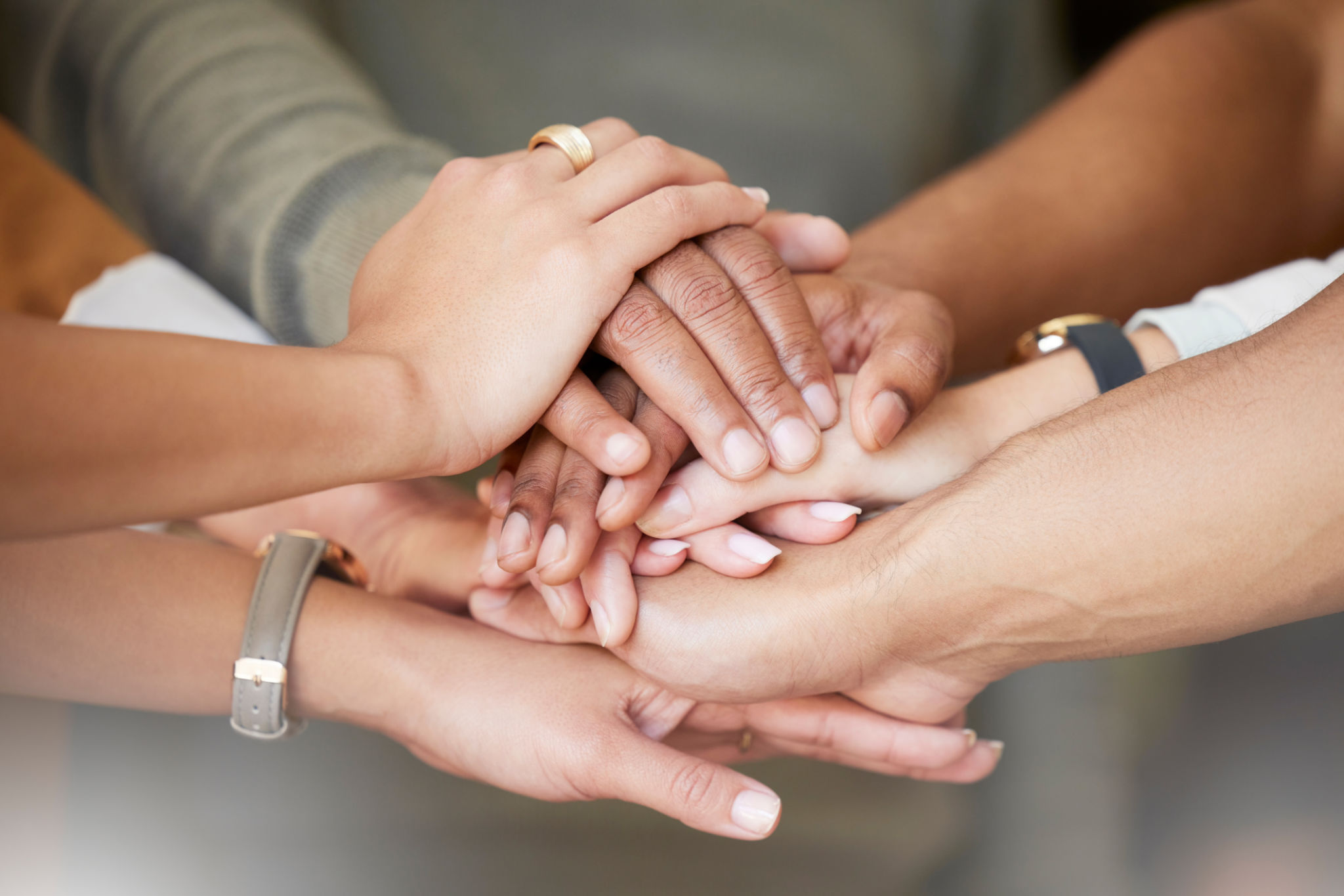Common Misconceptions About Abuse Survivor Coaching Debunked
Understanding Abuse Survivor Coaching
Abuse survivor coaching is a specialized field dedicated to supporting individuals who have experienced various forms of abuse. Despite its noble intent, this form of coaching is often misunderstood. It's crucial to debunk these misconceptions to appreciate its significance in the healing journey.
Many people think that abuse survivor coaching is only for those who have experienced severe physical abuse. However, this is far from the truth. Coaching is beneficial for survivors of all types of abuse, including emotional, psychological, and financial abuse. Each survivor's experience is unique, and coaching can be tailored to meet individual needs.

Misconception: Coaching Replaces Therapy
A common misconception is that coaching serves as a replacement for therapy. This is not the case. While both therapy and coaching aim to support individuals, they differ in approach and purpose. Therapy delves into past traumas and diagnoses mental health conditions, whereas coaching focuses on personal growth, setting future goals, and empowering survivors to take actionable steps forward.
Coaches often work in collaboration with therapists to offer a comprehensive support system for survivors. It's not about choosing one over the other, but rather integrating both to facilitate holistic healing.

Misconception: Coaching Is a Quick Fix
Another false belief is that coaching provides a quick fix to overcoming abuse-related challenges. In reality, healing from abuse is a gradual process that varies for every individual. Coaching supports survivors in their ongoing journey, offering guidance, encouragement, and accountability as they strive to rebuild their lives.
The duration and progress in coaching depend on multiple factors, including the survivor's readiness, commitment, and personal circumstances. Patience and perseverance are key, as coaches work alongside survivors to help them rediscover their strength and resilience.

Misconception: Coaching Is Only for Women
There is a prevailing stereotype that abuse survivor coaching is mainly for women. This misconception overlooks the fact that abuse affects individuals of all genders. Men and non-binary individuals also benefit significantly from coaching as they navigate their healing journey.
Coaches are trained to create inclusive and safe spaces for all survivors, regardless of gender. By addressing unique challenges faced by different genders, coaches help break down barriers and foster empowerment for everyone.

The Role of Trust in Coaching
Establishing trust between the coach and the survivor is fundamental to the success of the coaching relationship. Survivors may initially feel hesitant or vulnerable when opening up about their experiences. Coaches are equipped with skills to build rapport and trust, ensuring that survivors feel safe and supported throughout the process.
The confidentiality and non-judgmental nature of the coaching environment allow survivors to express themselves openly and honestly, which is crucial for their healing journey.

Empowering Survivors Through Coaching
Ultimately, abuse survivor coaching empowers individuals by helping them reclaim control over their lives. Coaches provide tools and strategies to enhance self-awareness, boost confidence, and develop healthy coping mechanisms.
Through personalized support, survivors can set realistic goals, overcome obstacles, and celebrate their progress. The transformative power of coaching lies in its ability to inspire hope and resilience, guiding survivors towards a brighter future.